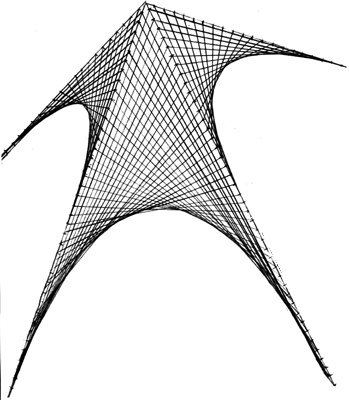All Nonfiction
- Bullying
- Books
- Academic
- Author Interviews
- Celebrity interviews
- College Articles
- College Essays
- Educator of the Year
- Heroes
- Interviews
- Memoir
- Personal Experience
- Sports
- Travel & Culture
All Opinions
- Bullying
- Current Events / Politics
- Discrimination
- Drugs / Alcohol / Smoking
- Entertainment / Celebrities
- Environment
- Love / Relationships
- Movies / Music / TV
- Pop Culture / Trends
- School / College
- Social Issues / Civics
- Spirituality / Religion
- Sports / Hobbies
All Hot Topics
- Bullying
- Community Service
- Environment
- Health
- Letters to the Editor
- Pride & Prejudice
- What Matters
- Back
Summer Guide
- Program Links
- Program Reviews
- Back
College Guide
- College Links
- College Reviews
- College Essays
- College Articles
- Back
The New Sputnik Crisis MAG
October 4, 1957 is a date many Americans rememberas the day that changed America and the world. On that day, Russians ushered inthe Space Age with the launch of Sputnik, the world's first artificial satellite.The 183-pound satellite created mass hysteria overnight in the United Statesbecause many believed the Russians had become technologically superior and couldlaunch an attack from space. U.S. students started performing nuclear drills inschools instead of fire drills, and families replaced basements with nuclearbunkers.
Although this madness has subsided, some Americans becamesimilarly worried when the Chinese recently launched the manned spacecraftShenzhou 5. Despite China's poor relationship with the U.S. in the last fewyears, the Chinese space mission does not pose a threat to us or the rest of theworld. In fact, their space program could be beneficial in manyways.
China's journey into space alerts America that other countries alsohave the technology to advance. During the Cold War, Russia and the United Statesbattled for supremacy in technology, warfare and just about everything else. Tothe United States, defeating and outsmarting their Russian counterparts meantbecoming the best in the world. The situation also worked in reverse since theRussians believed that besting the Americans would bring immediate success. Eachwas pitted against the other in a race to be the best, and the rest of the worldwas seen as inferior.
The launch of the Chinese into space represents howmuch the world has finally caught up with the United States and Russia. No longerdo the two Cold War superpowers control the fate of the world. Other nations areobserving China and beginning to plan manned mission of their own. Essentially,much of the world has adopted a "me too" attitude. China's launch marksthe beginning of the world's intensifying desire to reach the zenith of theirpotential.
This launch also strengthens the desire for a unified world.The international space station project began in 1995 as a joint venture tocreate the largest, most complex space station ever. The Chinese launchsymbolizes another event that could unify the world. Singapore, Japan and Indiacongratulated China and begun to consider launching their own spaceships. Thesewere the countries that were wary of China's actions in the early 1980s and1990s.
The launch of Shenzhou uplifted the world's spirit and began thesearch for unity in the last frontier, outer space. This also ushers in a neweconomic opportunity for China and the world. One of the main reasons for theshuttle was to show the United States that its technology was on par with Westernpowers. Now that China has proven itself, investors plan to devote resources toresearch its technology and prove whether it can be the hub of an economic boom.China hopes that its manned launch has attracted enough attention so it canlaunch commercial and scientific satellites for other countries. The economicpossibilities are endless.

Similar Articles
JOIN THE DISCUSSION
This article has 1 comment.

0 articles 0 photos 12292 comments